New to Therapies For Kids? Start your journey
Talk to our team now
Request a call back
We are here to help
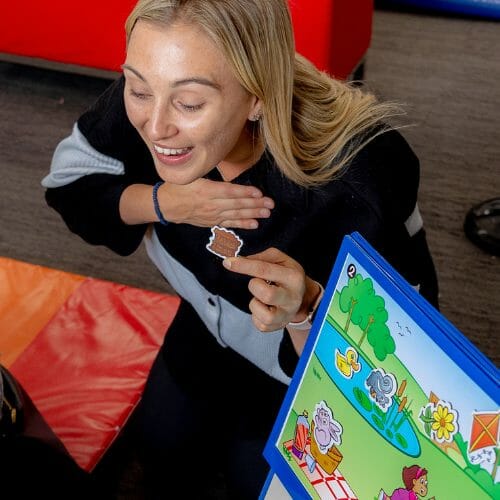
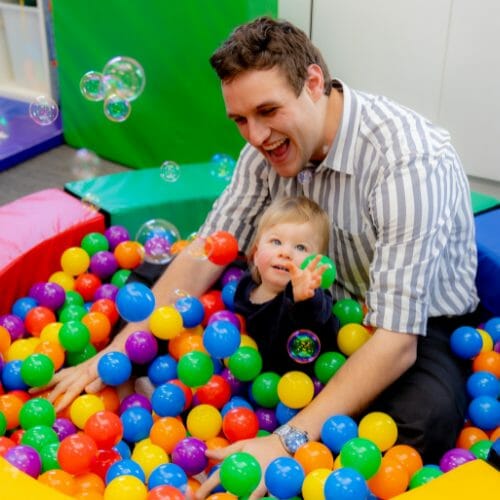
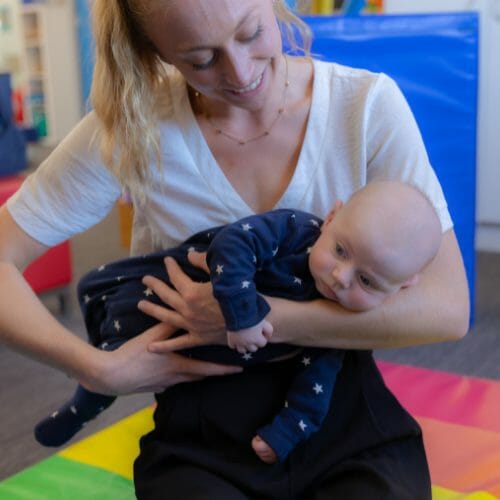
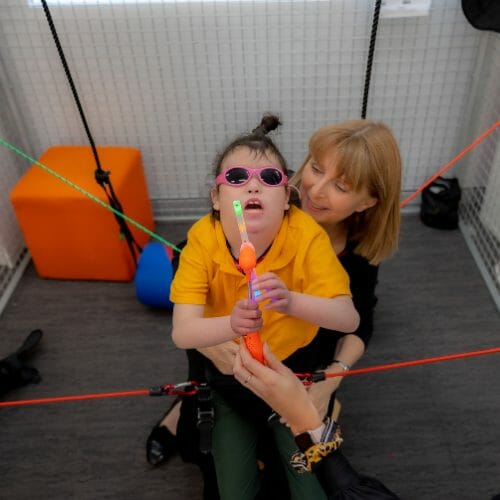
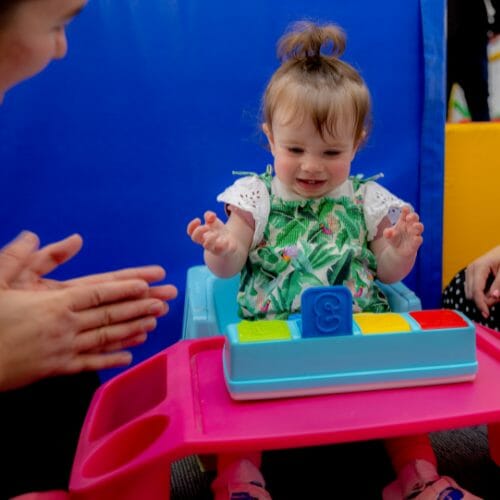
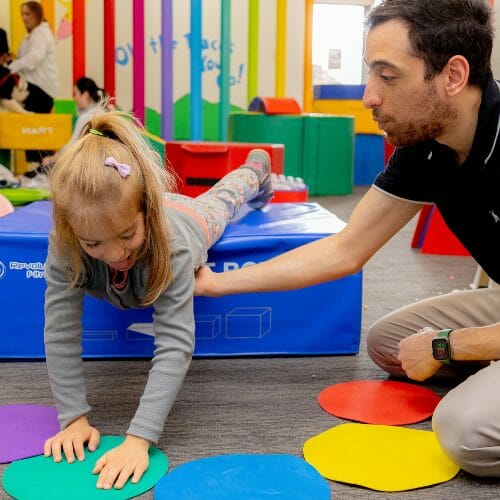
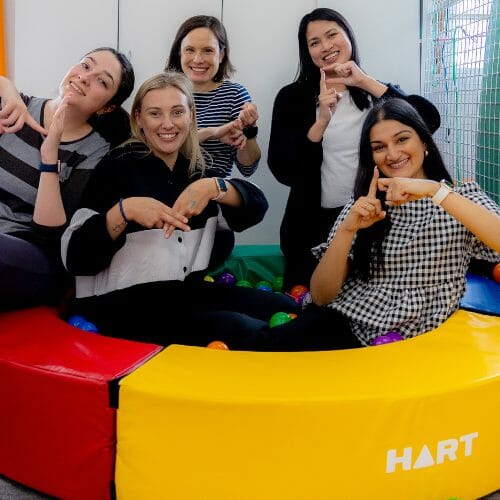
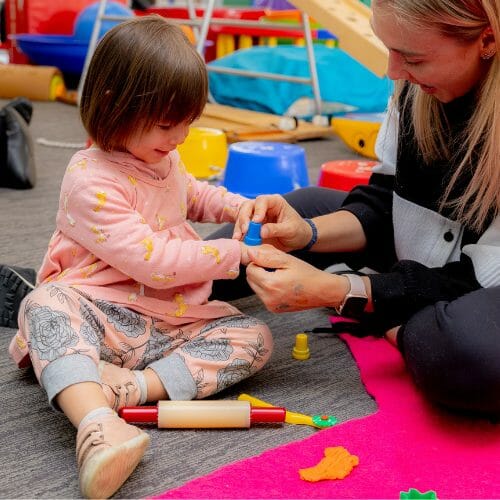
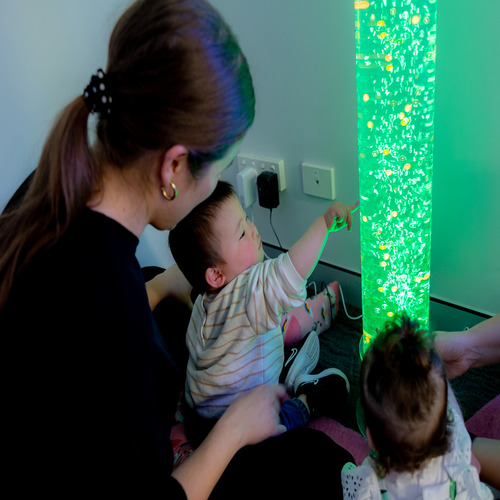
New to Therapies For Kids? Start your journey
Talk to our team now
Request a call back
We are here to help








